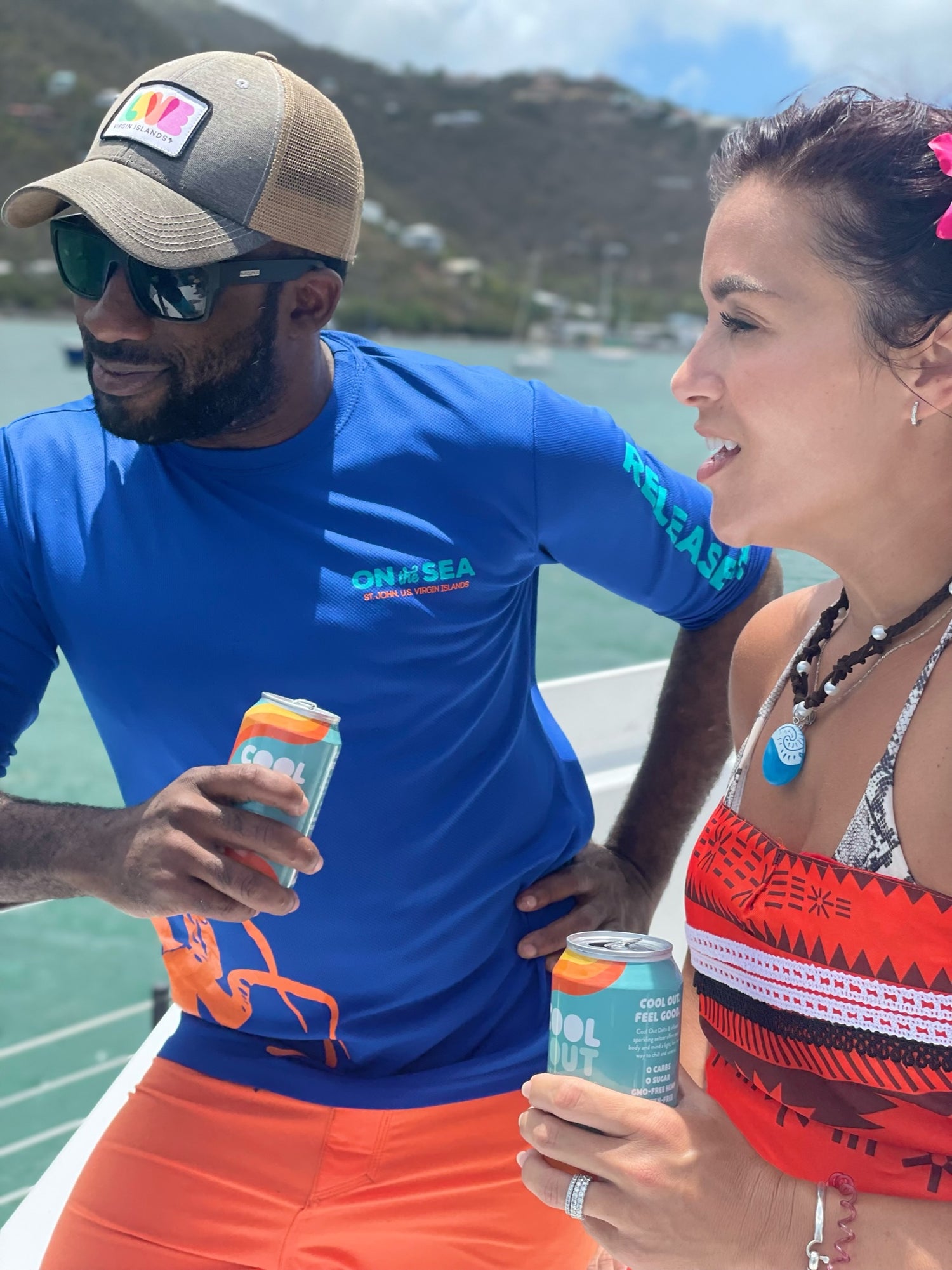Delta-9 THC products, especially those derived from hemp, are now legally available in many states thanks to the 2018 Farm Bill. However, the lack of federal oversight means consumers should be vigilant about product quality. The best way to ensure you’re getting a safe Delta 9 product? Always check the Certificate of Analysis (COA). Scientists say Delta 9 THC may offer powerful benefits, from pain relief to relaxation. But like any cannabinoid, the quality of the product determines the quality of the experience.
What Is Delta 9 THC?
Delta 9-tetrahydrocannabinol (Delta 9 THC) is the most well-known psychoactive cannabinoid found in cannabis. It’s responsible for the “high” associated with marijuana and has therapeutic potential for pain, stress, and insomnia relief. Hemp-derived Delta 9, when kept under 0.3% dry weight, is federally legal and available in many wellness products like edibles, tinctures, and beverages. Delta 9 is more potent than many other cannabinoids, making proper dosage and product integrity critical.
Why Product Quality Matters
There’s growing concern among experts about the lack of regulation in the Delta 9 THC market. Poor manufacturing standards can result in contaminated products, mislabeled potency, and even harmful side effects. Delta 9’s benefits are well-documented, but only when consumed in its pure, tested form. The solution? Always look for a COA to verify product safety, cannabinoid content, and purity.
Understanding the COA (Certificate of Analysis)
A COA is a lab report provided by a third-party testing facility. It includes:
- Delta 9 THC content
- CBD content (if applicable)
- Testing for pesticides, heavy metals, and contaminants
Always choose products from brands that make COAs readily available. Avoid companies that obscure their testing results or don’t test at all.
Comparing Delta 9 and Delta 8
Delta 9 is more psychoactive than Delta 8. While both can offer pain relief and relaxation, Delta 9 tends to be more potent and may trigger anxiety or paranoia in sensitive individuals. However, many users also find Delta 9 to be more effective for serious relief. A 2022 survey revealed that some Delta 8 users switched back to Delta 9 for stronger effects—even though Delta 8 was seen as having fewer side effects. It all comes down to product quality and individual preference.
What the FDA and CDC Say
Both the FDA and CDC have issued warnings not specifically about Delta 9 itself, but about low-quality, unregulated cannabinoid products. Issues like improper labeling and poor manufacturing practices have created risks in the market.
Final Thoughts: Stay Informed and Safe
Delta 9 is a powerful compound with real benefits, but consumers must be cautious. Not all products are made equal, and third-party testing is the best way to ensure you’re getting what’s on the label. Coolout offers third-party-tested hemp-derived Delta 9 products, complete with COAs for every batch. Explore our shop today and experience the power of Delta 9, backed by science and safety.







